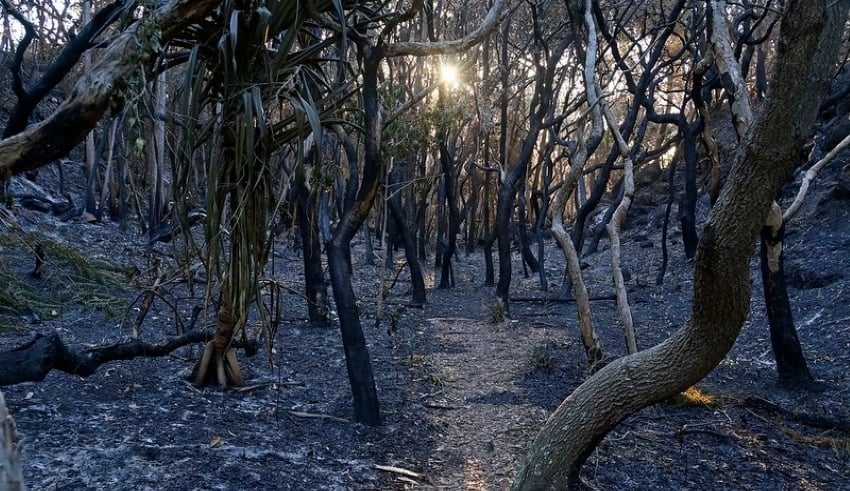
Last updated on May 6th, 2021 at 09:00 am
Nearly three billion species have been killed or displaced in “one of the worst wildlife disasters in recent history” by Australia ‘s devastating 2019-20 wildfires, according to a study. Scientists from many universities in Australia said the biodiversity damage included 143 million mammals, 2.46 billion reptiles, 180 million birds and 51 million frogs.
Although the study did not state how many animals died as a result of the fires, one of its authors, Professor Chris Dickman, said the prospects for those who survived the flames “were possibly not great” because of a lack of food, shelter and safety from predators.
In late 2019 and early 2020, the fires devastated more than 115,000 sq m of drought-stricken bushland and woodland throughout Australia, killing more than 30 people and damaging thousands of homes.
This was Australia ‘s broadest and longest bushfire season in recent history, with scientists attributing the magnitude of the disaster to the impacts of climate change. An earlier January report reported the fires had killed one billion livestock in New South Wales and Victoria’s hardest-hit eastern states. But the survey published Tuesday was the first to cover fire zones across the continent, University of Sydney’s lead scientist Lily van Eeden said.
Results from the survey were still being analyzed, with a final report expected to be published late next month, but the writers said it was unlikely to change the number of three billion animals affected.
The interim findings are alarming, the study was commissioned by Mr Dermot O’Gorman, CEO of the Australian branch of the World Wide Fund for Nature.
In fact, It’s hard to think of any occurrence that has destroyed or displaced so many animals somewhere in the world, that will be in living memory.
And right now, It ranks among the worst wildlife catastrophes in recent history.
During the fires, the plight of Australia ‘s common koalas gained international media attention, with thousands of tree-dwelling marsupials thought to have perished. Yet earlier this year a government study cited 100 other endangered native plant and animal species that had lost more than half of their habitat to the blazes, increasing the risk of even greater losses.
Scientists say global warming lengthens Australia’s summers and makes them more severe, with shorter winters making bushfire reduction research more difficult. The study published Tuesday was collected by scientists from Sydney University, New South Wales University, Newcastle University, Charles Sturt University and BirdLife Australia conservation community.























